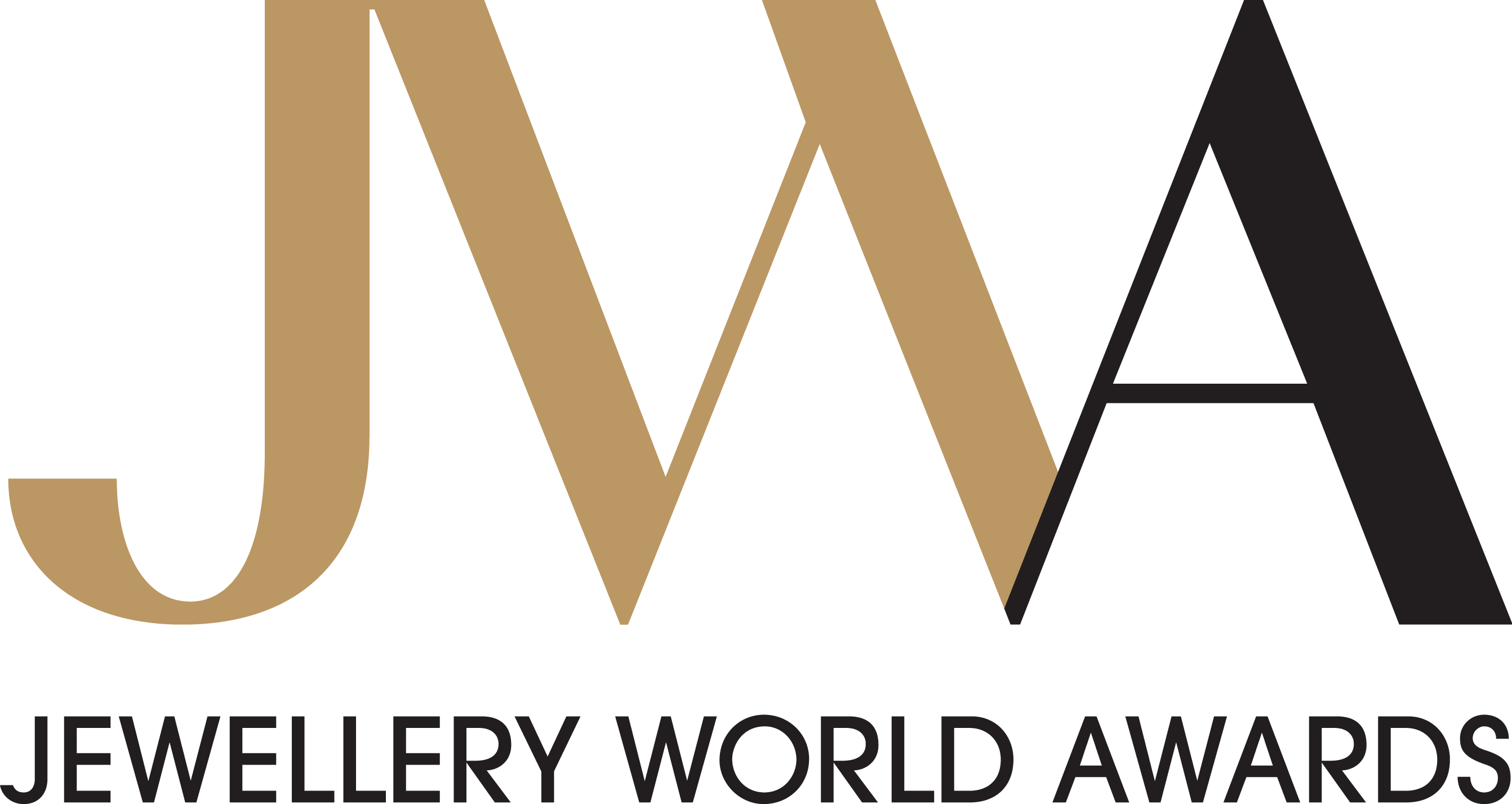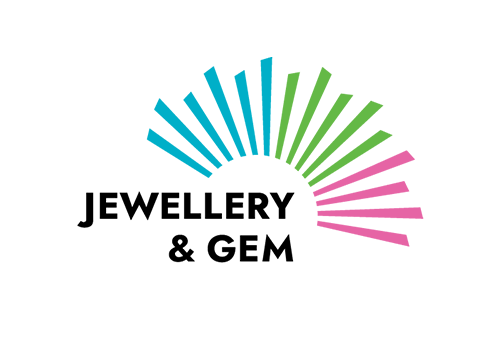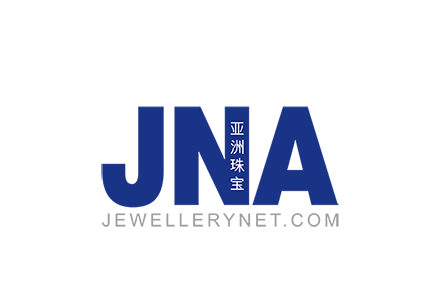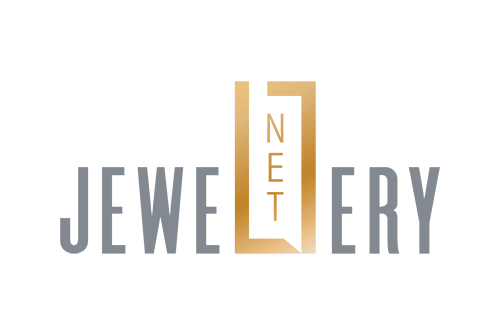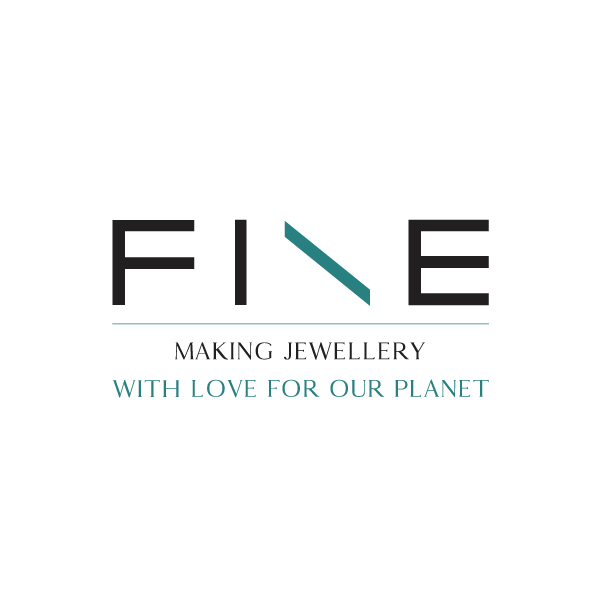
Established in India in 1987, Fine Jewellery Manufacturing Ltd was built on strong family values, putting into action ethical business practices that would shine through in every thought, action and creation. The result is a relationship-focused family company recognised for its expertise and trusted for its integrity – growing through innovation, thriving on change, progressive in thought and action. From the sourcing of materials to the transparency of its processes, Fine Jewellery Manufacturing prioritises ethical practices every step of the way, guided by the principles of the 3 R’s – Reduce, Reuse, Recycle – and the 3 P’s – Planet, People and Product. The company’s commitment to sustainability extends across various facets of its operations, ensuring that every aspect aligns with its values and principles.
– Recycled Metals: The company is dedicated to sourcing 100% recycled precious metals through Responsible Jewellery Council (RJC)-certified metal refineries. This ensures that the materials are ethically and responsibly sourced, contributing to the circular economy and minimising environmental impact.
– Green Electricity: The company has transitioned to 100% green electricity directly from the grid (not by purchase of Renewable Energy Certificates ). This has helped the company reduce its operational carbon footprint significantly.
– Sustainable Packaging: Fine Jewellery is transitioning from traditional packaging materials like tin boxes and non-biodegradable plastic to eco-friendly alternatives such as cardboard boxes, biodegradable plastic and eco-friendly adhesive tapes.
– Provenance Claim: Fine Jewellery is the only company among RJC members with an audited Provenance claim for the supply of jewellery with recycled gold and platinum, demonstrating its commitment to transparency and accountability in its sourcing practices.
– Achievements in operations: Operational Carbon footprint reduced from 793 MTCO2e (metric tonnes of carbon dioxide-equivalent) to 40 MTCO2e (compared to base year 2020 – 2021) due to the usage of renewable energy; Power Consumption (KWH/Net sales) reduced by 40% (compared to base year 2020 – 2021)
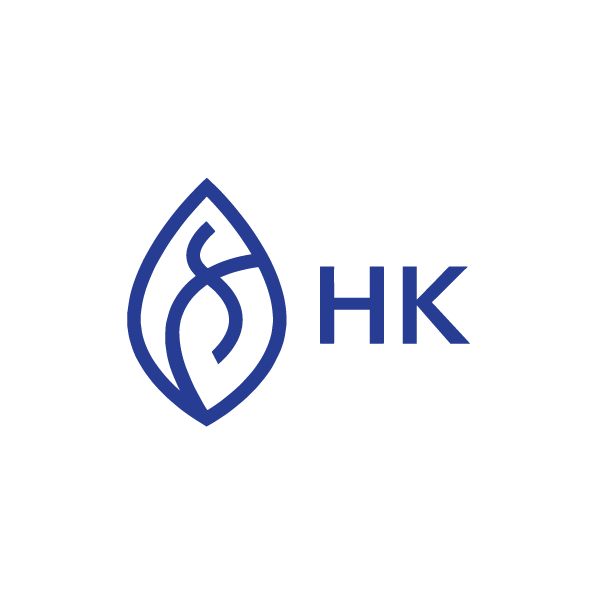
Hari Krishna Exports Pvt Ltd is one of India’s leading manufacturers of cut and polished diamonds. Founded over three decades ago, the company, together with its philanthropic arm – the Dholakia Foundation – is stepping up its sustainability efforts through Mission 100x – “Generating 100 billion litres of water by 2027.” The project, launched in 2023, has made a significant contribution towards mitigating water scarcity in drought-prone Gujarat, a state along the western coast of India, by building lakes and dams.
Key activities implemented:
– Construction of water infrastructure: The Dholakia Foundation has made a significant contribution towards mitigating water scarcity in drought-prone Gujarat by building 111 lakes with the help of 400 people.
– Villages that were impacted: This project has provided a water storage capacity of 15 billion litres to 20 villages and transformed 250 acres of deserted land into a beautiful lake, creating a Panch Ganga Triveni – Sangam.
– People who were impacted: The inauguration of these lakes by PM Narendra Modi has brought much-needed relief to over 300,000 farmers, who now have access to a reliable water supply for their crops.
Measurable Outcomes:
– Water conserved: Developed 144 lakes benefiting hundreds of thousands of local farmers and communities in water-scarce regions in India.
– Structures for this mission: To make this mission progressed significantly, 149 dams have been made throughout India. WRM (water resources management) interventions led to increased groundwater recharge, evident in rising water tables within 500m of the structures. New bore wells were constructed, and the overall water table rose by 3-3.5 metres.
– Number of beneficiaries: Helped 75 villages win the battle against water scarcity.
– Crop cultivation: Irrigation support for groundnut has doubled. Cultivation of wheat crops during winter also rose due to increased water availability. The watering frequency for the wheat crop dramatically increased from 6 to 10. Irrigated land during Kharif season (monsoon season) increased from 33% to 64%, and Rabi (winter crops) cultivation rose from 30% to 71%. Increased water availability led to a shift from pearl millet to wheat cultivation in winter. Groundnut remained a dominant cash crop, and some farmers diversified to pearl millet and sesame in summer. Enhanced irrigation, coupled with changes in practices, resulted in increased crop productivity ranging from 7% to 24%. Major crops such as groundnut, cotton, wheat and pearl millet showed productivity gains.
– Enhanced groundwater: The surface water bodies have aided increased groundwater recharge, which was evident from the increased water table from 15 to 20 wells within a 500m range and 10 to 20 wells within a 500m to 1,000m range of water resource structures. Few (4 to 5) new bore wells were constructed post-project period in all the villages. Surface water availability increased, doubling irrigation support for groundnut and significantly raising the watering frequency for wheat.

Founded in 1988, Phu Nhuan Jewelry Joint Stock Company (PNJ) is a leading jewellery manufacturer and retailer in Vietnam. It employs 7,000+ people and operates one of the largest jewellery factories in Southeast Asia. PNJ has a retail network of 350+ locations in 53 provinces and cities, and serves over 3,000 wholesale clients. It exports to 13 countries and territories. Its sustainable development strategy is anchored on the following environmental and social pillars:
– GHG inventory: To monitor and conduct the roadmap to reduce carbon emissions, PNJ’s factories completed a greenhouse gas inventory and proactively developed a mitigation roadmap according to the Vietnam National Target Program
– Energy: PNJ has developed a strategy and plan for the economical and efficient use of energy, as well as emission reduction, with a focus on maximising operational opportunities and increasing investment in energy-efficient equipment and technology.
– Water and wastewater: PNJ is researching and implementing safe and effective solutions for water resource reuse, as well as ensuring proper treatment of wastewater.
– Waste Management: Waste recycling is an important need as the circular economy trend gradually replaces the current linear economy, bringing many benefits both economically and environmentally.
– Material: PNJ has developed a strict production management process, and waste and wastewater collection, classification and disposal mechanism to maximise material recovery, optimise efficiency and strictly manage the amount of waste generated in accordance with the law.
– Employee well-being: This policy spans workers’ physical, mental, financial, career and social connection health.
– Cultural Diversity and Inclusion: Welfare policies, staff training and career development opportunities promote a diverse and inclusive workplace.
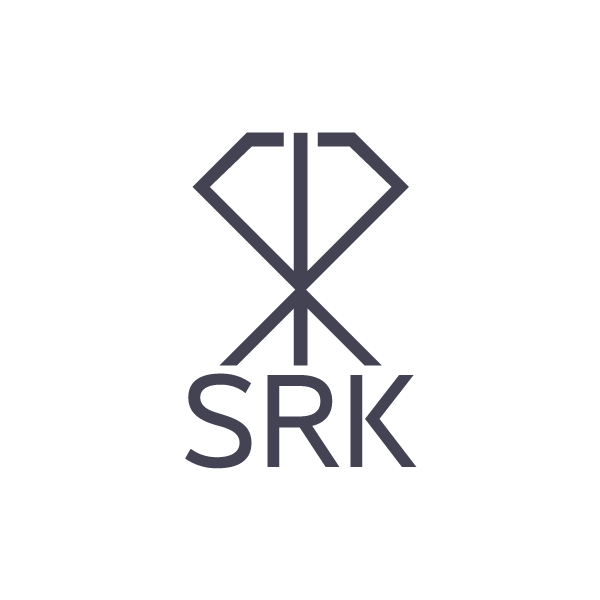
Shree Ramkrishna Exports Pvt Ltd (SRK), one of the world’s leading diamond crafting companies, has joined the Science-Based Targets Initiative (SBTi), becoming the first diamond company in the world to commit to SBTi’s guidelines. This commitment further cements SRK’s role in the diamond sector as a global leader in ESG. SRK has committed to establishing near-term science-based emission reduction targets and to achieving net zero emissions for its diamond crafting facilities this year.
– Decarbonisation is the crown jewel of SRK’s sustained efforts. Their two flagship diamond crafting facilities, SRK Empire and SRK House are both LEED Platinum certified, and thanks to ongoing improvements and real-time monitoring of their operational performance in energy, water, waste, transportation and occupant experience, the two buildings rank among the highest performing LEED buildings in the world, continuously outperforming tens of thousands of certified buildings globally.
– SRK has also committed to achieving net zero certification at both SRK Empire and SRK House and is on track to achieve this by this year – six years ahead of their original commitment to the United Nations Sustainable Development Goals (UN SDGs) of 2030. SRK’s commitment to achieving net zero emissions stands firmly rooted in industry best practices, science-based frameworks and third-party validation.
– In May 2023, SRK hosted its inaugural SRK Sustainability Conclave to present itself as a model for effective and efficient net zero realisation, and to bring together Indian business leadership in a landmark call to action for accelerating a net zero India. This first-of-its-kind gathering was also designed to explore best practices for transforming businesses across operations, the potential for cross-sector collaborations and the critical role industries across sectors must play in meeting ESG standards and realising a decarbonised world.
